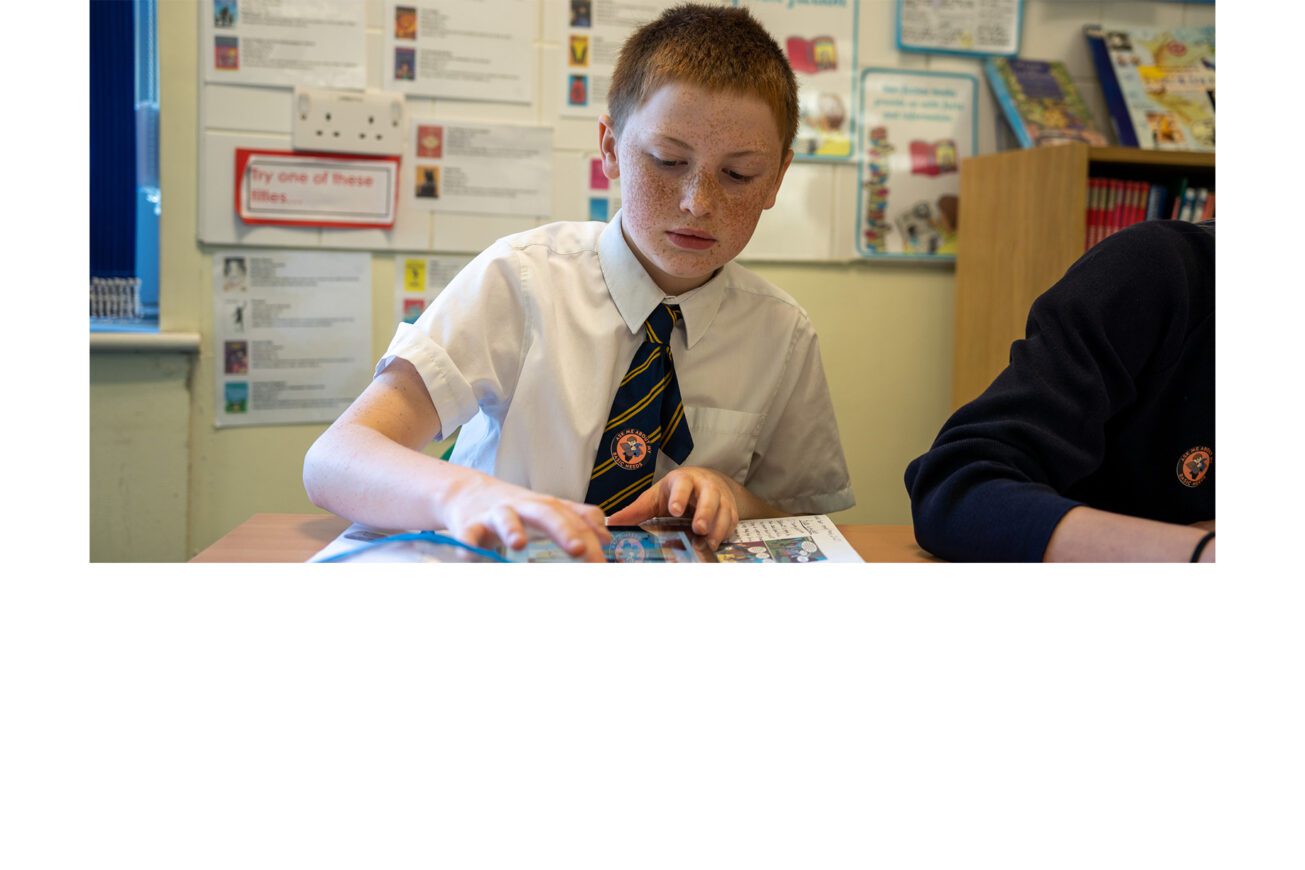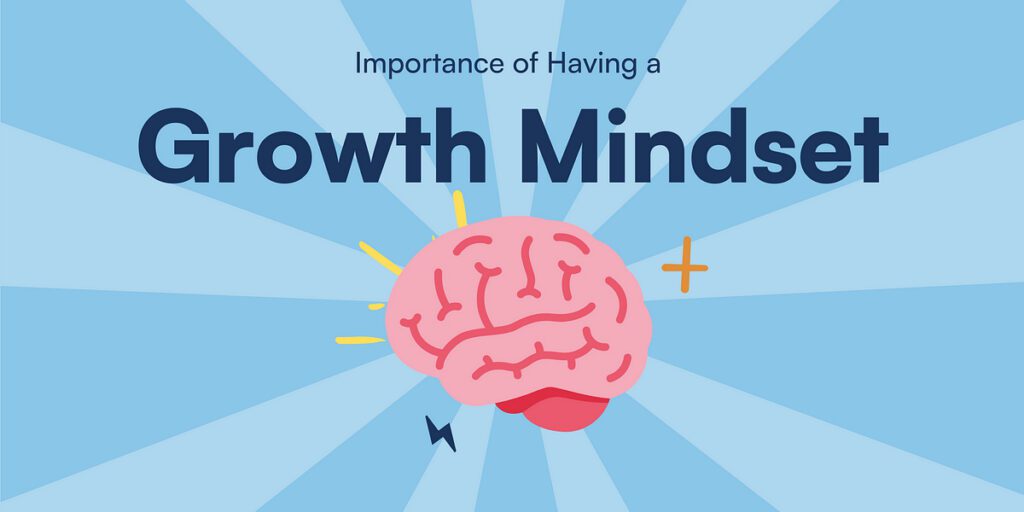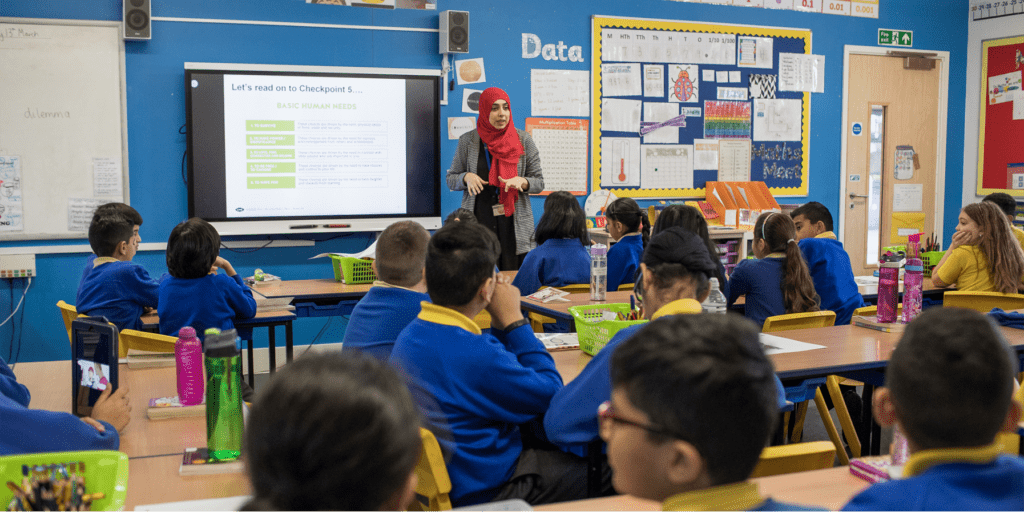Equipping Young Minds for Success

In this pivotal final session six of the first part of the Year 6 Programme, pupils consider a cornerstone concept: the power of a positive growth mindset. This isn’t just about preparing them for SATs; it’s a tool for navigating the uncertainties of life, perfect for unravelling Kwan’s emotional journey, probing why he acts as he does and how a different mindset might lead to alternate choices. By introducing the notion of a growth mindset, we aim to empower pupils to tackle challenges with confidence and resilience.
Positive language is a superpower! Harnessing the transformative potential of positive language can significantly impact a child’s developmental journey. Research by Carol Dweck (2006), a leading psychologist, suggests that using growth-oriented language plays a pivotal role in shaping children’s mindsets. Encouraging a growth mindset cultivates a belief in one’s ability to tackle challenges and view setbacks as opportunities for growth rather than insurmountable obstacles.
Empowering children with the understanding that their abilities can be developed through dedication and hard work enhances their resilience (Blackwell et al., 2007). When children learn to perceive failures as learning experiences, they are more inclined to persist in the face of adversity (Mueller & Dweck, 1998). This adaptive mindset is instrumental not only in conquering immediate obstacles but also in fostering a lifelong love for learning and growth.
Our approach emphasises the pivotal role of language in nurturing a growth mindset, preparing children not just for the challenges they face in Year Six but also for the transition to secondary school. Session Six embeds these concepts through positive language and reinforcement, instilling in them the confidence and resilience to navigate the complexities of their educational journey and beyond.

The concept of neuroplasticity challenges the long-held belief in the fixed nature of intelligence. Neuroscientific research, notably demonstrated by studies by Maguire et al. (2000) and Draganski et al. (2006), reveals the brain’s remarkable capacity to reorganise itself and form new neural connections throughout life. This adaptability, termed ‘neuroplasticity,’ emphasises the brain’s resilience and ability to evolve in response to experiences and learning.
Embracing a growth-oriented mindset is instrumental in unlocking neuroplasticity’s potential. Encouraging children to view failures as stepping stones to success nurtures a sense of self-efficacy (Yeager & Dweck, 2012). Furthermore, neuroplasticity plays a pivotal role during crucial life transitions, as noted by studies like Pascual-Leone et al. (2011), demonstrating that cultivating cognitive abilities leads to improved self-esteem, confidence, and emotional stability during periods of significant change.
By fostering a growth mindset and leveraging the brain’s inherent adaptability, in Session Six we equip children with a robust foundation for navigating life’s transitions, empowering them to embrace challenges, learn from setbacks, and thrive in an ever-evolving world.

Recognising the pivotal role educators play in fostering a growth mindset, the facilitative approach emerges as a beacon of effective pedagogy. Extensive research, including studies by Mercer et al. (2004) and King (2016), confirms the efficacy of facilitation in nurturing a classroom environment that encourages active participation, thoughtful discourse, and deeper understanding.
Our commitment to empowering educators stems from this understanding. Our resources are meticulously designed to provide teachers with a rich toolkit for implementing the facilitative style with confidence and finesse. Drawing from the principles of dialogic teaching (Alexander, 2008), Choices provides practical strategies, engaging activities, and collaborative techniques aimed at honing educators’ facilitation skills. Studies by Rowe et al. (2017) and Mercer et al. (2020) highlight that adept facilitation improves classroom dynamics and enhances pupils’ critical thinking, communication skills, and overall engagement. Encouraging a positive growth mindset, developing neuroplasticity and championing the facilitative approach are cornerstones of the Choices formula, especially in Session Six of the Year Six programme. Empowering educators as facilitators of meaningful discussions and enabling young people to navigate complex concepts, express their thoughts freely, and cultivate a deeper understanding of themselves and the world around them.
For a list of the research references in this article, find them all here.
To find out more, please get in touch with us at: chat@engagelime.com or here
Leave a Reply